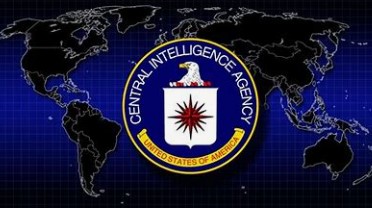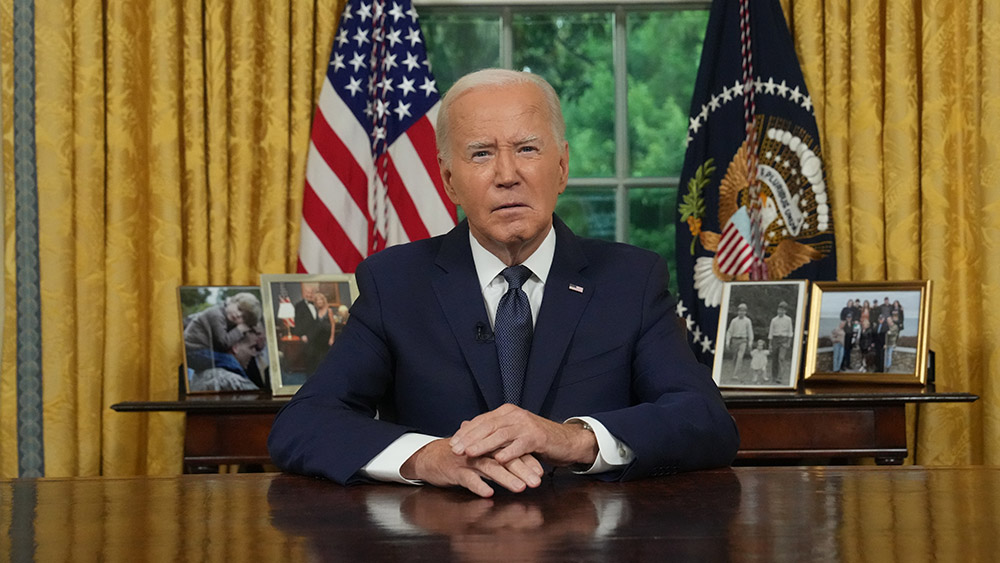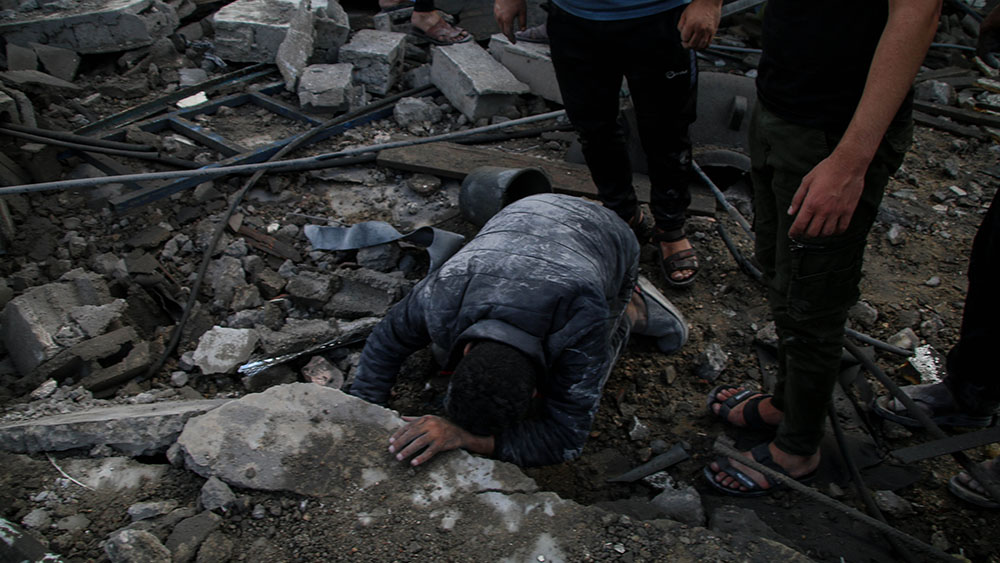 Parler
Parler Gab
Gab
- U.S. Special Envoy Steve Witkoff and former Trump administration senior adviser Jared Kushner revealed that CIA intelligence reports directly contradicted assessments from key Arab mediators, raising serious questions about the agency's reliability in high-stakes diplomatic efforts.
- Despite mediators from Egypt, Qatar and Turkey assuring the U.S. that Hamas was prepared to accept a ceasefire deal, CIA briefings insisted the group would reject it. This discrepancy led to a tense standoff between the U.S. and Hamas.
- Despite its long-standing demand for a full Israeli withdrawal from Gaza, Hamas agreed to release hostages without securing a complete IDF pullout, a significant concession that allowed for the release of Israeli captives and set the stage for further negotiations.
- The discrepancy between the CIA's reports and the mediators' assurances raises critical questions about the agency's motives. Was the CIA relying on flawed intelligence, misinterpreting Hamas' signals, or deliberately steering negotiations in a different direction?
- This incident underscores a recurring issue in U.S. diplomacy—the potential disconnect between intelligence agencies and on-the-ground diplomatic efforts. It also raises doubts about other CIA assessments, particularly concerning Iran and Russia, and highlights the need for greater transparency and accountability in intelligence gathering.
Hamas made key concessions
Hamas, which had long demanded a full Israeli withdrawal from Gaza as a precondition for any hostage deal, made a significant concession by agreeing to release captives without securing a complete Israel Defense Forces (IDF) pullout. The Israeli military still controls over 50 percent of Gaza's territory, and Palestinian casualties continue despite the ceasefire. Kushner emphasized that Hamas was clear about its intentions: "They were on board with releasing the hostages, they wanted to end the war." The discrepancy between the CIA's reports and the mediators’ assurances raises critical questions:- Was the CIA relying on flawed intelligence?
- Did the agency misinterpret Hamas' signals?
- Was there a deliberate attempt to steer negotiations in a different direction?
Broader implications for U.S. foreign policy
The episode underscores a recurring issue in U.S. diplomacy—the potential disconnect between intelligence agencies and on-the-ground diplomatic efforts. If mediators had more accurate insights than the CIA, it suggests that traditional intelligence-gathering methods may be failing in complex geopolitical conflicts. The incident raises doubts about other CIA assessments. With tensions escalating in the Middle East, accurate intelligence is crucial to avoid unnecessary conflict. Meanwhile, the Trump administration faces mounting pressure to scrutinize intelligence reliability—especially as rumors swirl about former CIA Director William Burns' secretive meeting with Hamas to discuss ceasefire terms. As Witkoff's disclosure reverberates through Washington, one thing is clear: Trust in intelligence agencies is eroding, and the stakes for transparency have never been higher. The question remains: If the CIA was wrong about Hamas, where else might their intelligence be misleading policymakers? Watch the video below showing Israel's top general giving U.S. Special Envoy Steve Witkoff and Jared Kushner a personal tour inside Gaza. This video is from the Cynthia's Pursuit of Truth channel on Brighteon.com. Sources include: News.Antiwar.com DailyCaller.com ZeroHedge.com BrightU.ai Brighteon.comBiosecurity expert critical of mRNA COVID-19 injections FIRED from HHS
By Ramon Tomey // Share
Israel escalates attacks on Lebanon, killing civilians and Hezbollah commanders amid rising tensions
By Belle Carter // Share
The inevitable envelope: How your identity is becoming the new currency of control
By Willow Tohi // Share
Governments continue to obscure COVID-19 vaccine data amid rising concerns over excess deaths
By patricklewis // Share
Tech giant Microsoft backs EXTINCTION with its support of carbon capture programs
By ramontomeydw // Share
Germany to resume arms exports to Israel despite repeated ceasefire violations
By isabelle // Share










